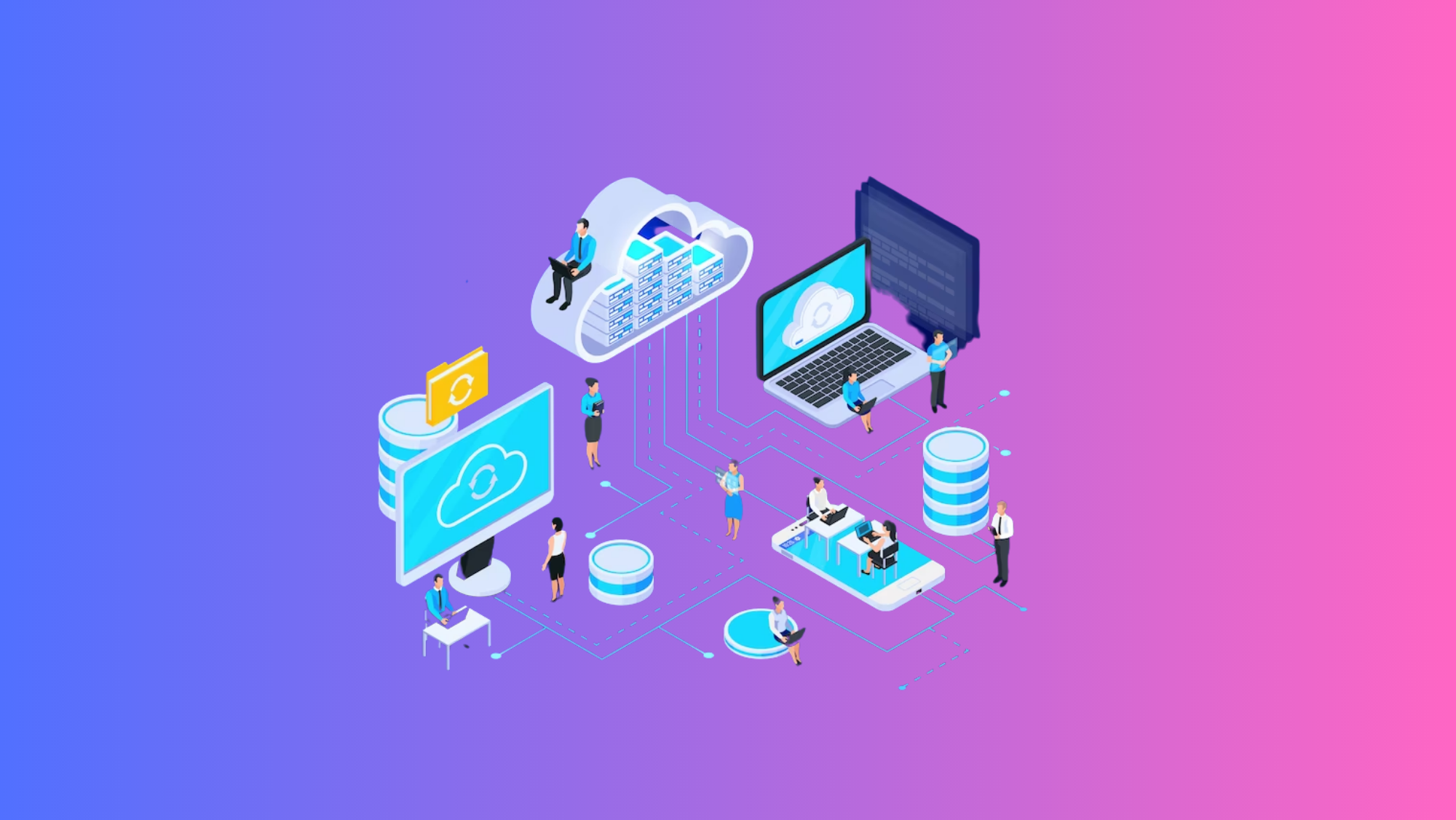Everything You Need to Know About Snowflake Training
Introduction:
In today's data-driven world, organizations are constantly seeking skilled professionals who can effectively leverage data for valuable insights. Snowflake, a leading cloud-based data warehousing and analytics platform, has gained significant popularity due to its scalability, flexibility, and powerful features. If you're looking to enhance your data analytics skills or embark on a career in data management, Snowflake training is a crucial step. In this blog, we will explore everything you need to know about Snowflake training, from its benefits to the key aspects of a comprehensive training program.
Why Snowflake Training Matters:
Snowflake training equips you with the knowledge and skills to effectively utilize the platform's features for data storage, processing, and analytics. By mastering Snowflake, you can harness its power to unlock valuable insights from complex datasets, optimize query performance, and build scalable data solutions. Snowflake training is designed to provide a solid foundation in data warehousing and analytics, enabling you to tackle real-world data challenges with confidence.
Key Components of Snowflake Training:
Comprehensive Snowflake training covers various essential components, including:
1. Snowflake Architecture: Understanding the architecture and components of Snowflake is vital for effective utilization. Training introduces concepts like virtual warehouses, storage layers, and query optimization techniques.
2. Data Loading and Integration: Snowflake allows seamless data integration from various sources. Training covers techniques for data loading, transformations, and best practices for maintaining data quality and integrity.
3. Querying and Optimization: Snowflake's SQL-based interface enables powerful querying capabilities. Training focuses on writing efficient queries, leveraging indexes, and optimizing query performance for faster insights.
4. Advanced Analytics: Snowflake offers advanced analytical capabilities, including machine learning integration. Training provides an overview of these features and how to utilize them for predictive analytics and data-driven decision-making.
Hands-on Experience:
Snowflake training typically includes hands-on exercises, case studies, and real-world projects. These practical components provide invaluable experience in working with Snowflake's functionalities and dealing with real data scenarios. Hands-on exercises allow you to apply the concepts learned, troubleshoot issues, and gain confidence in working with the platform.
Certification and Recognition:
Snowflake offers certification programs that validate your expertise in utilizing the platform effectively. Obtaining Snowflake certifications demonstrates your proficiency to potential employers and clients, enhancing your professional credibility and job prospects. Snowflake certifications serve as a testament to your skills and expertise in data warehousing and analytics, setting you apart from your peers.
Continuous Learning and Community Support:
Snowflake is an evolving platform, with regular updates and new features being introduced. Snowflake training providers often offer continuous learning resources, including webinars, forums, and user communities. Engaging with these resources allows you to stay updated with the latest advancements, exchange knowledge, and network with industry professionals.
Who can do Snowflake Training
Snowflake training is suitable for a wide range of individuals who are interested in data analytics, data warehousing, and working with large datasets. Here are some specific groups of people who can benefit from Snowflake training:
1. Data Analysts and Data Scientists: Snowflake training equips data analysts and data scientists with the skills and knowledge to efficiently work with data, perform complex queries, and derive valuable insights. It enables them to leverage Snowflake's advanced analytics capabilities for predictive modeling, machine learning, and data visualization.
2. Database Administrators: Database administrators can enhance their skills by gaining expertise in Snowflake. They can learn to manage and optimize Snowflake databases, design efficient data models, and ensure data security and integrity within the Snowflake environment.
3. Data Engineers: Snowflake training is valuable for data engineers who are responsible for data pipelines and data integration. They can learn how to efficiently load and transform data, design and optimize ETL/ELT processes, and leverage Snowflake's features for scalable data processing.
4. Business Intelligence Professionals: Business intelligence professionals can benefit from Snowflake training to leverage its capabilities for building robust data warehouses, creating interactive dashboards, and generating meaningful reports. They can acquire skills to effectively analyze data and provide actionable insights to support business decision-making.
5. IT Professionals and Developers: IT professionals and developers interested in cloud-based data solutions can expand their skill set with Snowflake training. They can learn how to integrate Snowflake with other tools and technologies, automate data workflows, and leverage Snowflake's APIs for seamless data access and management.
6. Aspiring Data Professionals: Individuals who are new to the field of data analytics and management can also pursue Snowflake training. It provides them with a solid foundation in data warehousing concepts, SQL querying, and practical skills required for working with data in a cloud-based environment. Regardless of the specific role or background, anyone with an interest in data analytics, data warehousing, and leveraging cloud-based technologies can benefit from Snowflake training. It enables individuals to acquire the skills needed to effectively work with data, make informed decisions, and contribute to the success of data-driven organizations.
Prerequisites for Snowflake Training
Snowflake training can be a transformative step in your journey to become a proficient data professional. While Snowflake training programs are designed to cater to various skill levels, it's beneficial to have a solid foundation in certain areas before diving into Snowflake. Here are some prerequisites that can enhance your learning experience and ensure a smoother transition:
1. Basic Data Concepts: Familiarity with fundamental data concepts such as databases, data structures, and data manipulation will provide a strong starting point for Snowflake training. Understanding concepts like tables, columns, rows, and SQL querying will help you grasp Snowflake's functionalities more effectively.
2. SQL Knowledge: Snowflake uses SQL as its primary querying language. Having a basic understanding of SQL, including its syntax, data manipulation operations (SELECT, INSERT, UPDATE, DELETE), and JOIN operations, will be valuable. This knowledge will allow you to write efficient queries and manipulate data effectively within Snowflake.
3. Data Warehousing Concepts: Snowflake is a cloud-based data warehousing platform. It's helpful to have a general understanding of data warehousing concepts such as data modeling, star and snowflake schemas, ETL (Extract, Transform, Load) processes, and data integration techniques. This knowledge will enable you to design efficient data structures and utilize Snowflake's capabilities effectively.
4. Cloud Computing Fundamentals: Snowflake operates in the cloud, so having a basic understanding of cloud computing concepts can be beneficial. Familiarize yourself with cloud infrastructure, storage, and virtualization concepts. Understanding concepts like scalability, elasticity, and cloud security will provide a better context for working with Snowflake.
5. Analytical Skills: Snowflake enables powerful data analytics and insights. Developing strong analytical skills, including the ability to identify patterns, interpret data, and derive meaningful insights, will enhance your Snowflake training experience. Brush up on statistical concepts, data visualization techniques, and basic data analysis methodologies.While these prerequisites can help you start your Snowflake training journey on a strong footing, it's important to note that training programs cater to learners of various skill levels. Even if you are relatively new to the above concepts, Snowflake training can provide comprehensive guidance and support to help you become proficient in utilizing the platform effectively.
Conclusion:
Snowflake training is a vital investment for anyone seeking to excel in the field of data analytics and management. By gaining expertise in Snowflake, you can unlock the full potential of this powerful platform and effectively utilize its features for data warehousing, querying, optimization, and advanced analytics. With hands-on experience, industry recognition through certifications, and access to a supportive community, Snowflake training sets you on a path to becoming a proficient data professional. Embrace Snowflake training to expand your skill set, open doors to exciting opportunities, and contribute to data-driven success in your organization.
You May Also Like
These Related Stories

Everything You Need to Know About SAP FICO ECC Training

Looker vs Traditional BI Tools: Why Looker is the BI Future



No Comments Yet
Let us know what you think